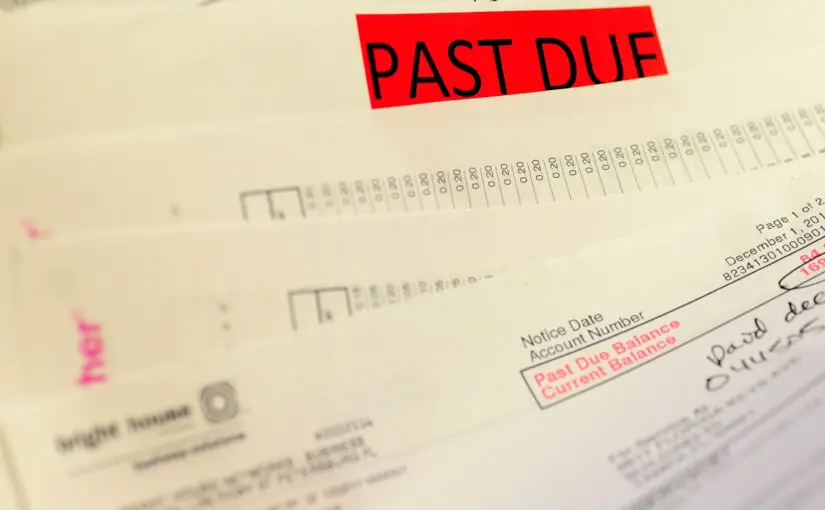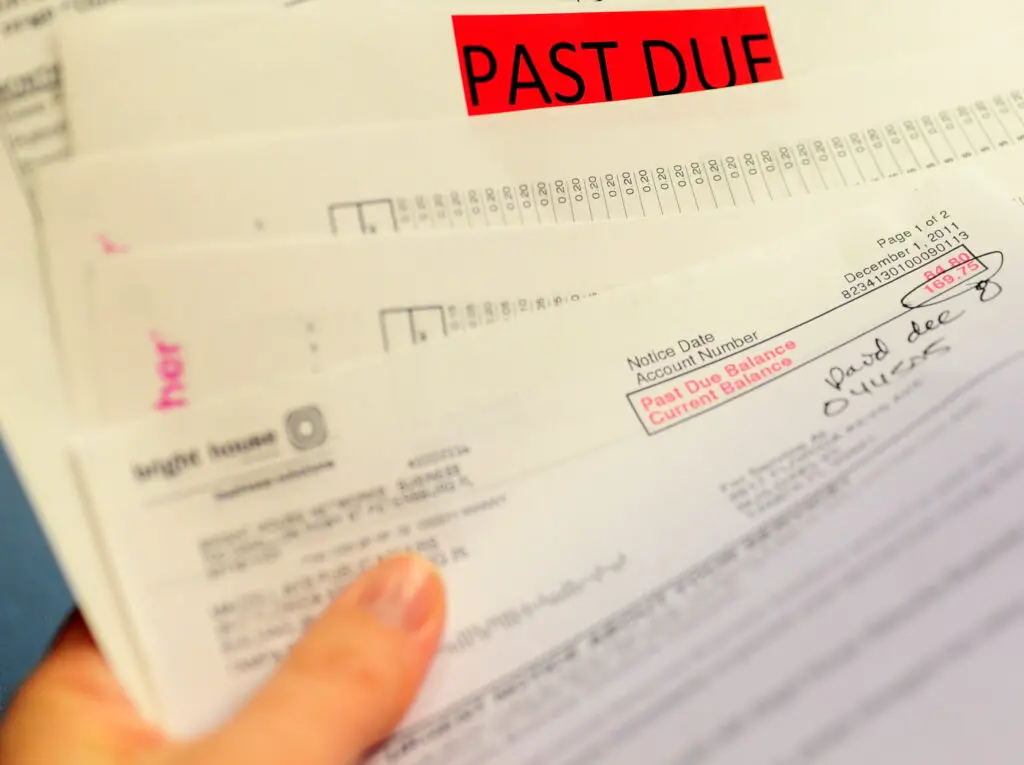A new report shows how millions of low-income renters have had to borrow against their future to survive the COVID-19 pandemic. Low-income renters — especially Black and Hispanic renters — were more likely to lose income and fall behind on rent. These renters also leaned heavily on borrowing from family and friends, credit cards, and draining savings to make the rent.
Research by Harvard’s prestigious Joint Center for Housing Studies looked at renter spending patterns as the pandemic unfolded. They looked at data from the Census Bureau’s Household Pulse Survey. Using this data, the researchers tracked how many households fell behind on rent, and what they did to cover their expenses.
Low-Income Renters Were More Likely to Fall Behind on Rent
The pandemic did not affect all renters equally. Renters with the lowest incomes, those earning less than $25,000 a year, faced the greatest impacts from the pandemic.
Almost a quarter of all renters that lost income during the pandemic fell behind on their rent. Among households with the lowest incomes, 32% who lost income fell behind on rent.
This was nearly three times the share of higher income renters who lost income and could not pay rent. Only 12% of renters earning more than $75,000 fell behind during the pandemic.
Black and Hispanic renters were more likely to fall behind on rent during the pandemic than other low-income renters. 37% of Black renters who lost income during the pandemic fell behind on rent, and 27% of Hispanic renters were in the same situation.
Also, almost a third of households with children who lost income fell behind on their rent. This is twice the rate of households without children.
Low-Income Renters Were More Likely to Tap Into Savings
Among households that lost income during the pandemic, those behind on rent relied heavily on borrowing from family or friends. They also tapped into their savings and public assistance to cover essential expenses.
Among renters behind on their rent, 36% tapped into their savings, 34% relied on credit cards, and 32% borrowed from family or friends.
But renters with the lowest incomes relied more heavily on their social networks to pay their expenses. They were more likely to borrow from family or friends and used credit cards less to pay basic bills — 57% of these renters borrowed from their family or friends to meet basic needs.
Many Renters Relied on Public Assistance to Cover Basic Expenses
Federal stimulus checks, unemployment, and the Supplemental Nutrition Assistance Program (SNAP, formerly Food Stamps) helped millions of renters stay in their homes during the pandemic. Low-income renters relied more on stimulus checks and SNAP to meet their basic needs than other income groups.
Among those who lost income, 18% turned to SNAP to help with expenses. But among those who lost income and fell behind on rent, 28% used SNAP.
Those behind on rent were also more likely to use their stimulus checks to cover rent or other basic expenses. While about ¼ of renters who lost income used their stimulus checks for necessities, more than ⅓ of those behind on rent used their stimulus money for basic expenses.
What Will Help Most as the Housing Crisis Continues?
The JCHS researchers point out that just looking at missed rent payments misses the full impact of the pandemic on poor and minority communities. Low-income and minority renters relied heavily on borrowing from family and friends. This leaves others in their social network with fewer economic resources to help themselves.
Broad-based cash assistance programs provide crucial support for low-income renters during a crisis. Expanded unemployment insurance, stimulus checks, and SNAP do more than just help renters in a bind. These programs also help the family networks that support households behind on the rent.
The affordable housing crisis existed before COVID-19. The renters hit hardest are those who had trouble paying the rent for years before the pandemic began. The pandemic has left them in a more fragile position than ever.
The report recommends continuing emergency rental assistance and eviction diversion programs begun during the pandemic. This will help millions of families stay in their homes even though the pandemic has left them tapped out. It will also reduce the pressure on family and friend networks looking out for each other.


